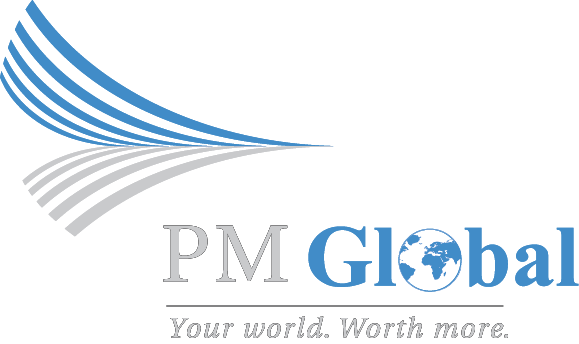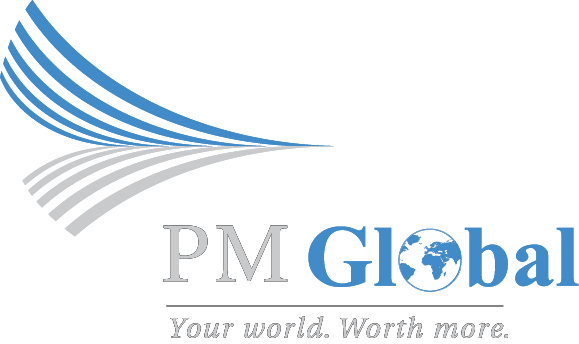The following information highlights the key COVID-19 related relief passed by Congress on December 21, 2020 as part of the Consolidated Appropriations Act of 2021 (a $2.3 Trillion Federal Funding and COVID relief legislation), including stimulus payments for individuals, additions to unemployment benefits, deductibility of expenses paid with Paycheck Protection Program (PPP) loans that are eligible for loan forgiveness, new PPP loan opportunities, and several tax-related law changes. President Trump is expected to sign the bill into law.
- Stimulus Payments to Individuals. Subject to phaseout rules, individuals will receive a maximum $600 and married couples filing joint tax returns will receive a maximum of $1,200. An additional $600 per qualifying child will also be paid through the stimulus benefit. These payments will be treated as an advance rebate of a 2020 tax credit. The phaseout range begins (based on 2019 adjusted gross income (“AGI”)) at $75,000 for individuals and $150,000 for joint filers.
- Federal Unemployment Benefits. According to the Bill, Federal unemployment insurance benefits will be extended for ten weeks through mid-March, 2021 with a $300 supplement payment per week.
- Deductibility for Business Expenses Paid with Forgiven PPP Loans. The Bill clarifies that borrowers of PPP funds that qualify for tax-free loan forgiveness may deduct the business expenses that have been paid with such funds. Thus, Congress has issued an override to the IRS’ previously issued rulings (Notice 2020-32 and Rev. Rul. 2020-27) that borrowers would not be eligible to deduct eligible expenses paid from PPP funds that qualified for loan forgiveness. This legislative action on the part of Congress will allow PPP loan borrowers to enjoy the benefits of tax deductions and associated tax benefits such as research tax credits and Section 199A deductions. In addition, the Bill clarifies that the amount of tax-free loan forgiveness (“tax-exempt income”) will result in a basis increase for owners of pass-through entities for purposes of loss limitation rules and taxation of distributions.
- Additional ($284 Billion) Funding for PPP Loans. A new round of PPP loans, up to $2 Million, will be made available for both first-time eligible borrowers and businesses that also previously received PPP loans. To qualify for the second round of PPP loans, borrowers must have 300 or fewer employees, have used or will use the full amount of their initial PP loan, and must demonstrate that the borrower has suffered a 25 percent gross revenue decline in any 2020 quarter, as compared to the same quarter in 2019. This second round of PPP loans will be available to Section 501(c)(6) business leagues. Further, the new loans will also permit first-time borrowers with 500 or fewer employees that are eligible for other SBA loans.
- Modifications to PPP Loan Terms and Simplified Application Process. Although the second PPP funding opportunity will still require at least 60 percent of loan proceeds to be used for eligible payroll costs, the second round of loans can also be used for worker protection equipment and facility modifications to comply with COVID safety guidelines, computer software and accounting needs, including cloud-based services, and payments to essential suppliers to the borrower’s business operations. The new round of loans will retain the 8- or 24-week covered period. Borrowers with loans of $150,000 or less will be eligible to submit a simplified, one-page certification that the borrower can use to certify the amount of loan proceeds used to cover payroll costs and the number of employees that the borrower was able to retain.
- Modifications to Treatment of SBA Economic Injury Disaster Loans (“EIDLs”). The Bill clarifies that forgiveness of EIDL loan proceeds (generally $1,000 per employee, up to a maximum of $10,000) will qualify for tax-free treatment. Further, the legislation repeals the requirement that PPP loan borrowers must reduce their PPP loan forgiveness amount by the amount of EIDL advances.
- Extension of CARES Act Employee Retention Tax Credit. The employee retention tax credit was scheduled to expire with respect to compensation paid after December 31, 2020. The Bill extends the credit for compensation paid through June 30, 2021.
- Modification to Deduction Percentage for Business Meals. The Bill modifies the deduction percentage for business meals, from 50 percent to 100 percent for business meals (as long as the expense is for food and beverages provided by a restaurant) after December 31, 2020 to December 31, 2022.
- Extension of CARES Act Charitable Contribution Modifications. The CARES Act modified the charitable contribution rules for 2020 by allowing individual taxpayers to claim a $300 “above the line” deduction for taxpayers that do not claim itemized deductions on their tax return, and, also by increasing the deduction percentage limitation from 60 percent of AGI to 100 percent of AGI for cash gifts to charities. Further, the deduction limit for corporation charitable contributions was increased from 10 percent of taxable income to 25 percent. The Bill extends these enhanced charitable contribution limits for 2021. In addition, married taxpayers filing jointly will have the benefit of a $600 “above the line” deduction for 2021.
The bill also contains numerous additional tax provisions which Prager Metis will communicate as details continue to emerge.


